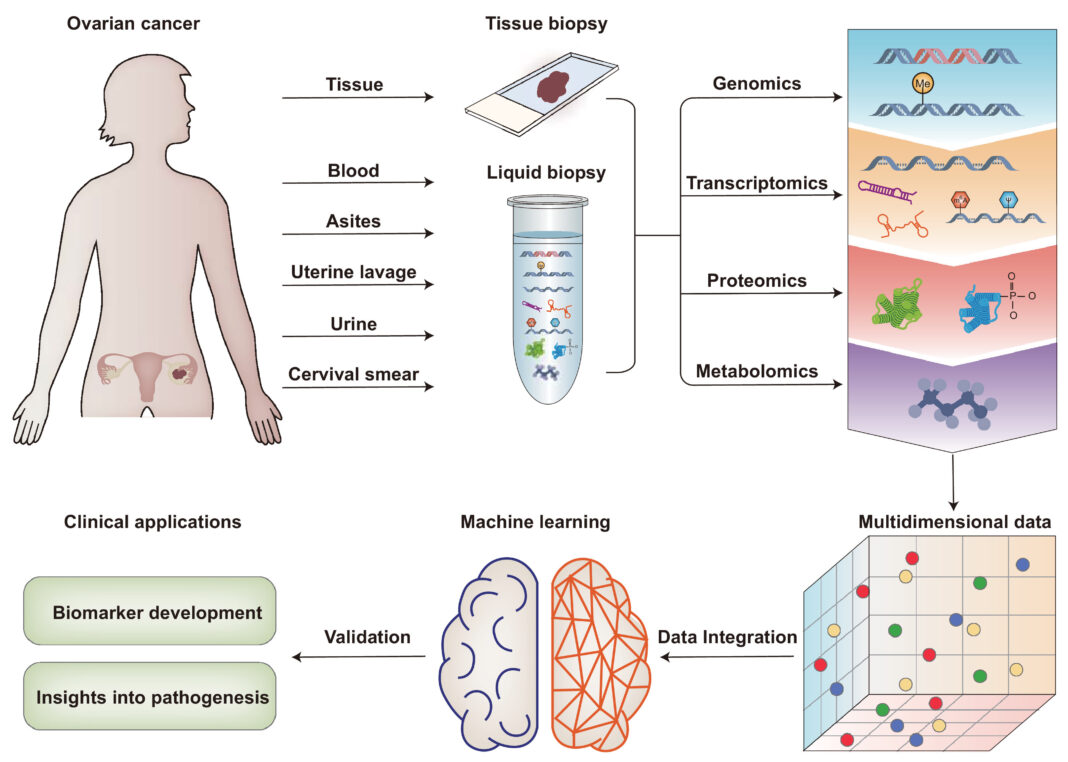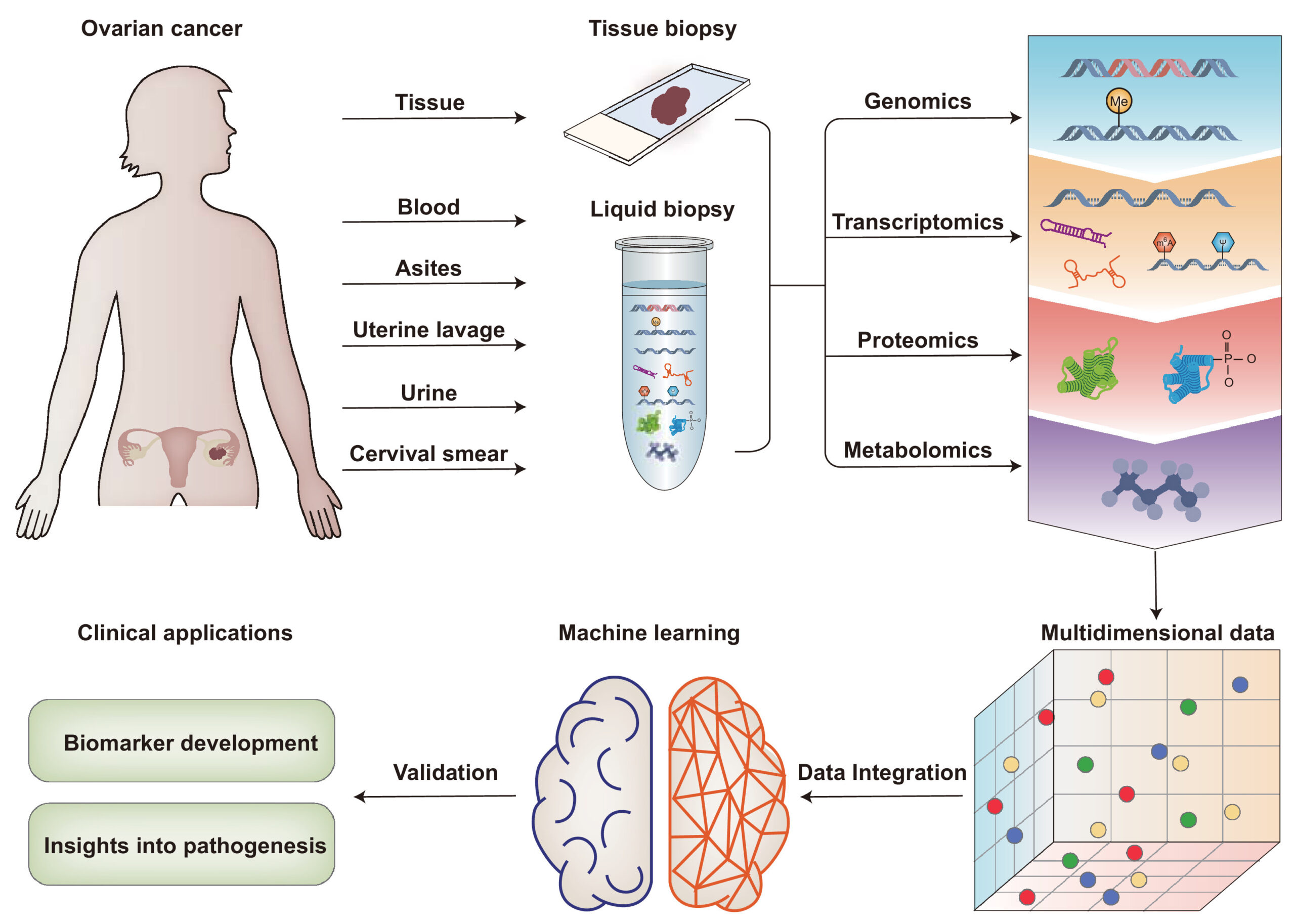Introduction
In the rapidly evolving field of medical science, biomarkers have become a crucial tool for early disease detection and personalized medicine. Recent breakthroughs in advanced biomarker discovery have opened new avenues for diagnosing diseases at an earlier stage and tailoring treatments to individual patients. This article delves into the significance of these discoveries, their impact on healthcare, and the future prospects of biomarker research.
What are Biomarkers?
Biomarkers are biological molecules found in blood, other body fluids, or tissues that indicate a normal or abnormal process, or a condition or disease. They can be proteins, genes, or other molecules that help in diagnosing diseases, predicting disease progression, and monitoring treatment responses. The identification and validation of biomarkers are essential steps in the development of diagnostic tools and personalized therapies.
The Importance of Early Disease Detection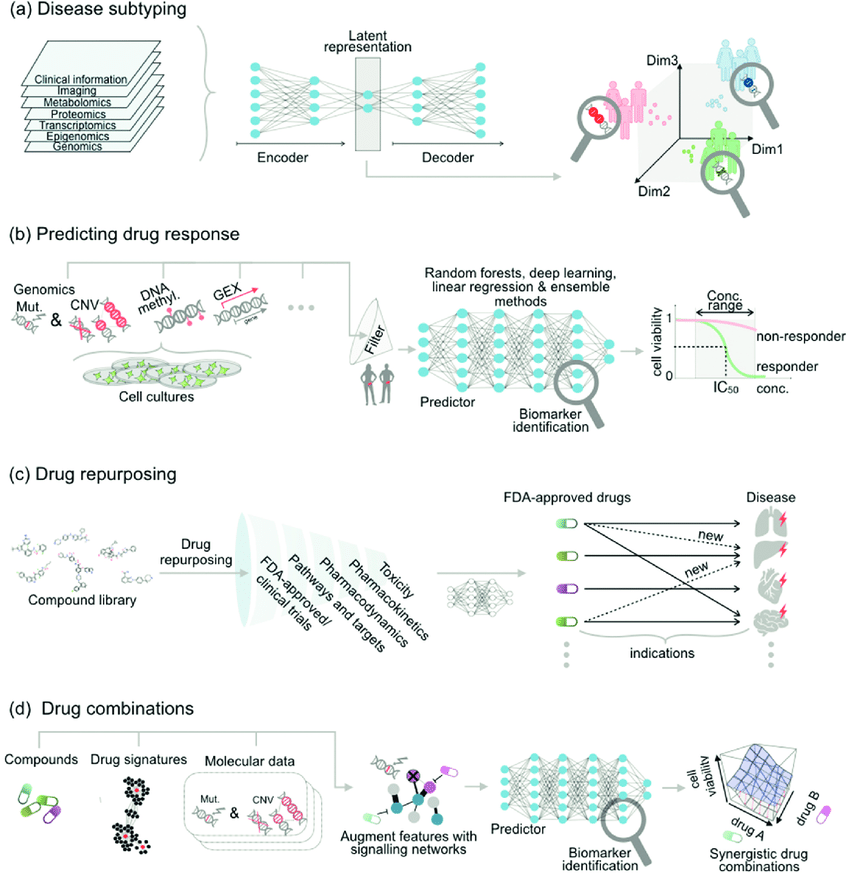
Early detection of diseases significantly increases the chances of successful treatment and can improve patient outcomes. Biomarkers play a vital role in this process by providing early signs of disease before symptoms become apparent. For instance, cancer biomarkers can help in identifying malignancies at an early stage, allowing for timely intervention and better prognosis.
Examples of Early Detection Biomarkers
- Cancer Biomarkers: Proteins like CA-125 for ovarian cancer and PSA for prostate cancer are well-known examples that aid in early diagnosis.
- Cardiovascular Disease Biomarkers: High levels of troponin and BNP (B-type natriuretic peptide) are indicative of heart attacks and heart failure, respectively.
- Neurodegenerative Disease Biomarkers: Abnormal levels of amyloid-beta and tau proteins are associated with Alzheimer’s disease.
Personalized Medicine: Tailoring Treatments to Individuals
Personalized medicine, also known as precision medicine, involves customizing medical treatment to the individual characteristics of each patient. Biomarkers are at the core of this approach, as they provide insights into the genetic, proteomic, and metabolic profiles of patients. This enables healthcare providers to design targeted therapies that are more effective and have fewer side effects.
How Biomarkers Influence Personalized Medicine
- Genetic Biomarkers: Genetic mutations, such as BRCA1 and BRCA2 in breast cancer, guide the selection of appropriate therapies and preventive measures.
- Pharmacogenomic Biomarkers: These help in predicting how patients will respond to specific drugs, ensuring the right medication and dosage. For example, CYP2C9 and VKORC1 variants affect warfarin dosing.
- Metabolic Biomarkers: They provide information on metabolic processes and can help in managing conditions like diabetes and obesity.
Recent Breakthroughs in Biomarker Discovery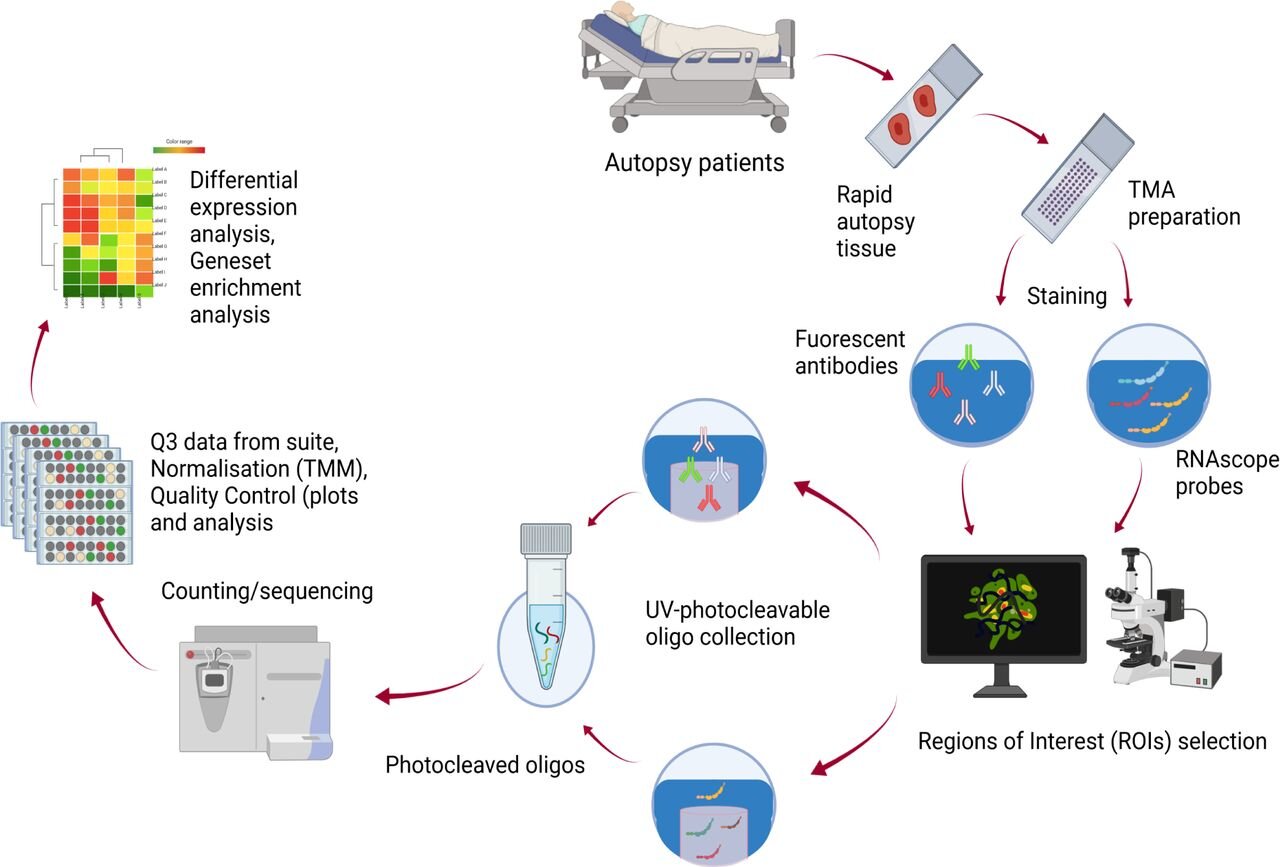
Recent advances in technology and research methodologies have led to significant breakthroughs in biomarker discovery. High-throughput sequencing, proteomics, and bioinformatics have accelerated the identification of new biomarkers and improved their validation.
Key Technological Advancements
- Next-Generation Sequencing (NGS): NGS allows for comprehensive analysis of genetic variations and mutations, facilitating the discovery of novel genetic biomarkers.
- Mass Spectrometry: This technique is crucial for proteomics research, enabling the identification and quantification of proteins and their modifications.
- Bioinformatics Tools: Advanced algorithms and software are essential for analyzing large datasets and identifying potential biomarkers with high accuracy.
Impact on Healthcare
The integration of advanced biomarkers into clinical practice has the potential to revolutionize healthcare. Early disease detection and personalized medicine not only improve patient outcomes but also reduce healthcare costs by avoiding unnecessary treatments and hospitalizations.
Benefits for Patients
- Improved Prognosis: Early diagnosis allows for timely intervention, improving the chances of successful treatment.
- Targeted Therapies: Personalized treatments are more effective and have fewer side effects, enhancing the overall patient experience.
- Better Disease Management: Continuous monitoring of biomarkers can help in managing chronic diseases more effectively.
Economic Impact
- Cost Savings: Early detection and targeted therapies reduce the need for extensive treatments and hospital stays, leading to significant cost savings.
- Efficient Resource Utilization: Healthcare resources can be allocated more efficiently, ensuring that patients receive the right care at the right time.
Future Prospects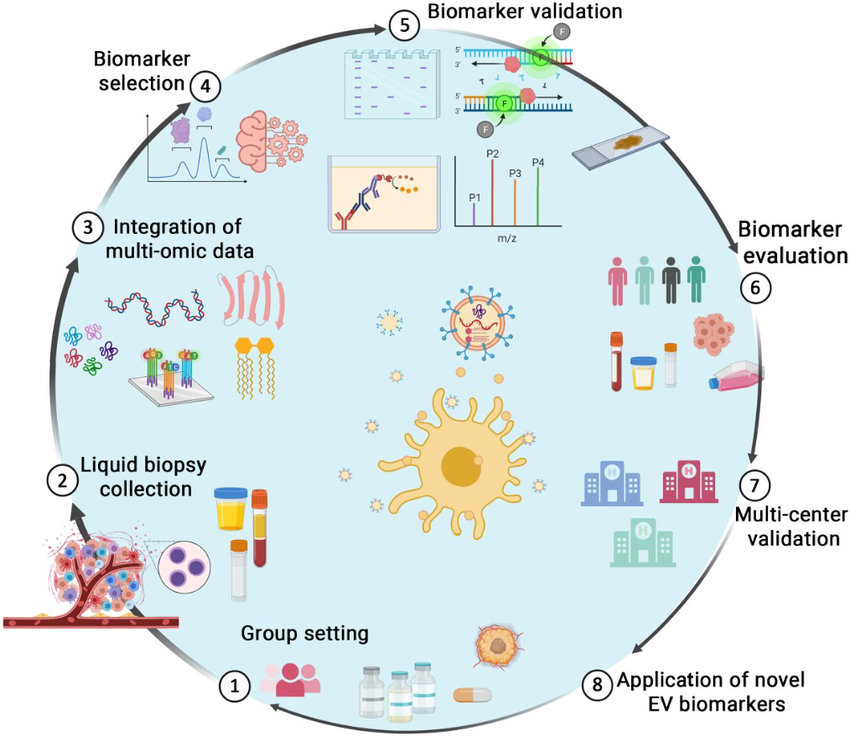
The future of biomarker research holds immense promise. Ongoing advancements in technology and a deeper understanding of biological processes will continue to drive the discovery of new biomarkers. Collaboration between researchers, clinicians, and industry stakeholders is crucial for translating these discoveries into clinical applications.
Areas of Focus
- Integration of Multi-Omics Data: Combining genomics, proteomics, metabolomics, and other omics data will provide a holistic view of disease mechanisms and identify comprehensive biomarker panels.
- Artificial Intelligence and Machine Learning: These technologies will enhance the analysis of complex datasets and improve the accuracy of biomarker identification and validation.
- Liquid Biopsies: Non-invasive tests using blood samples for biomarker detection are a growing area of interest, offering a convenient and less invasive option for patients.
Conclusion
The breakthroughs in advanced biomarker discovery mark a significant milestone in the field of medical science. By enabling early disease detection and personalized medicine, these discoveries promise to transform healthcare and improve patient outcomes. Continued research and technological advancements will further enhance our ability to diagnose and treat diseases, paving the way for a healthier future.


